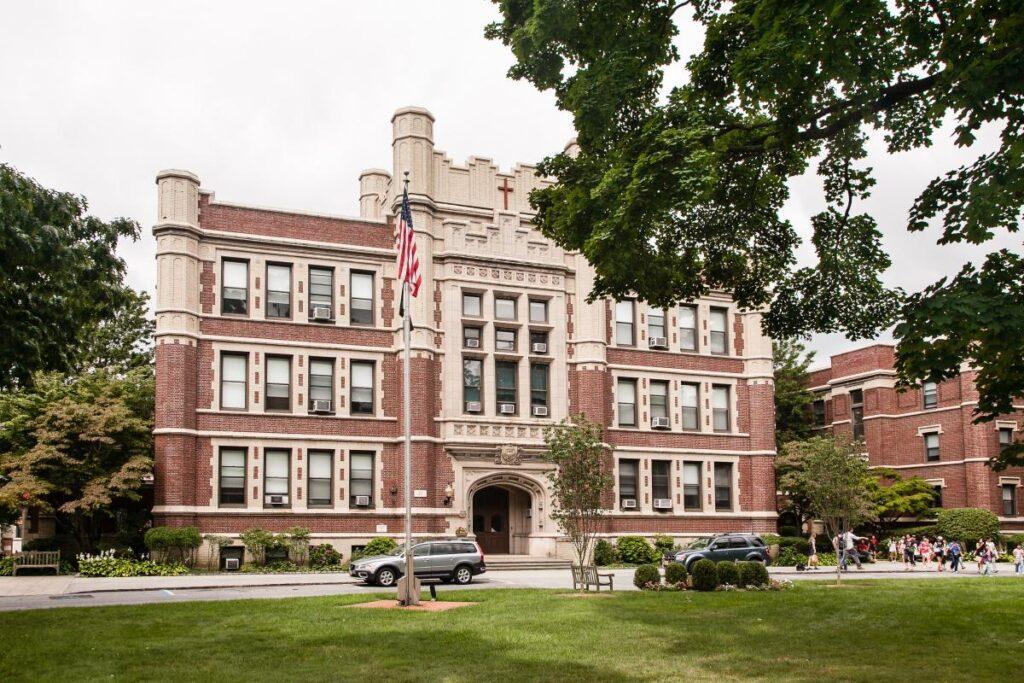In recent years, there has been growing skepticism among Americans about the value of a college education. A recent survey conducted by The Wall Street Journal and the University of Chicago revealed that 56% of Americans do not believe that a four-year degree is worth its cost. This sentiment is particularly strong among younger Americans, with over 60% of those aged 18 to 34 expressing doubts about the value of higher education.
The Rising Costs of Americans Colleges
One of the main reasons for the growing skepticism about the value of college is the rising cost of tuition. Over the past few decades, the cost of college has increased dramatically, far outpacing inflation and wage growth. As a result, many families are finding it increasingly difficult to afford a college education, especially when considering the burden of student loans.
In addition, the pandemic has exacerbated the financial strain on families, as many have experienced job loss or reduced income. With college tuition prices continuing to rise, more families are questioning whether a college education is worth the financial sacrifice.
The Americans Changing Job Market
Another factor contributing to the skepticism about the value of college is the changing job market. In the past, Americans college degree was seen as a surefire path to a good job and a secure future. However, with the rise of automation and the gig economy, the job market has become much more unpredictable and precarious.
As a result, many young people are questioning whether a college degree is really necessary to succeed in today’s job market. Some argue that there are alternative paths to success, such as entrepreneurship or vocational training, that do not require a four-year degree.

The Americans Employer Perspective
Despite the growing skepticism about the value of college, it’s worth noting that employers still value degrees. According to the same survey, 87% of employers believe that a college degree is worth it.
This is because, in many fields, Americans college degree is still a prerequisite for entry-level positions. In addition, a college education provides valuable skills such as critical thinking, problem-solving, and communication that are highly valued by employers.
However, it’s important to note that not all degrees are created equal. Some fields, such as engineering and computer science, have high earning potential and strong job prospects. On the other hand, degrees in fields such as humanities or social sciences may not provide the same return on investment.
The rising cost of college and changing job market have led many Americans, especially younger ones, to question the value of a college education. While employers still value degrees, it’s important for students and families to carefully consider the return on investment of a college education and to explore alternative paths to success.
At the same time, it’s important to recognize that not all degrees are created equal and that some fields offer better job prospects and earning potential than others. Ultimately, the decision to pursue a college education should be based on a careful evaluation of individual goals, interests, and financial circumstances.
Similar article: Saudi Arabia Cuts Ties with the U.S. for Economic Independence
The debate about the value of Americans college degree continues to be a topic of discussion. While a significant number of Americans express skepticism about the cost-benefit ratio of a degree, it’s important to note that a college education still holds significant value in the eyes of employers. With 87% of employers considering a degree worth it, pursuing higher education remains a viable path to a successful career. Ultimately, the decision to pursue a college degree should be based on individual circumstances, goals, and aspirations. A careful evaluation of the pros and cons can help make an informed decision about whether to invest in a college education or pursue alternative pathways to success.



